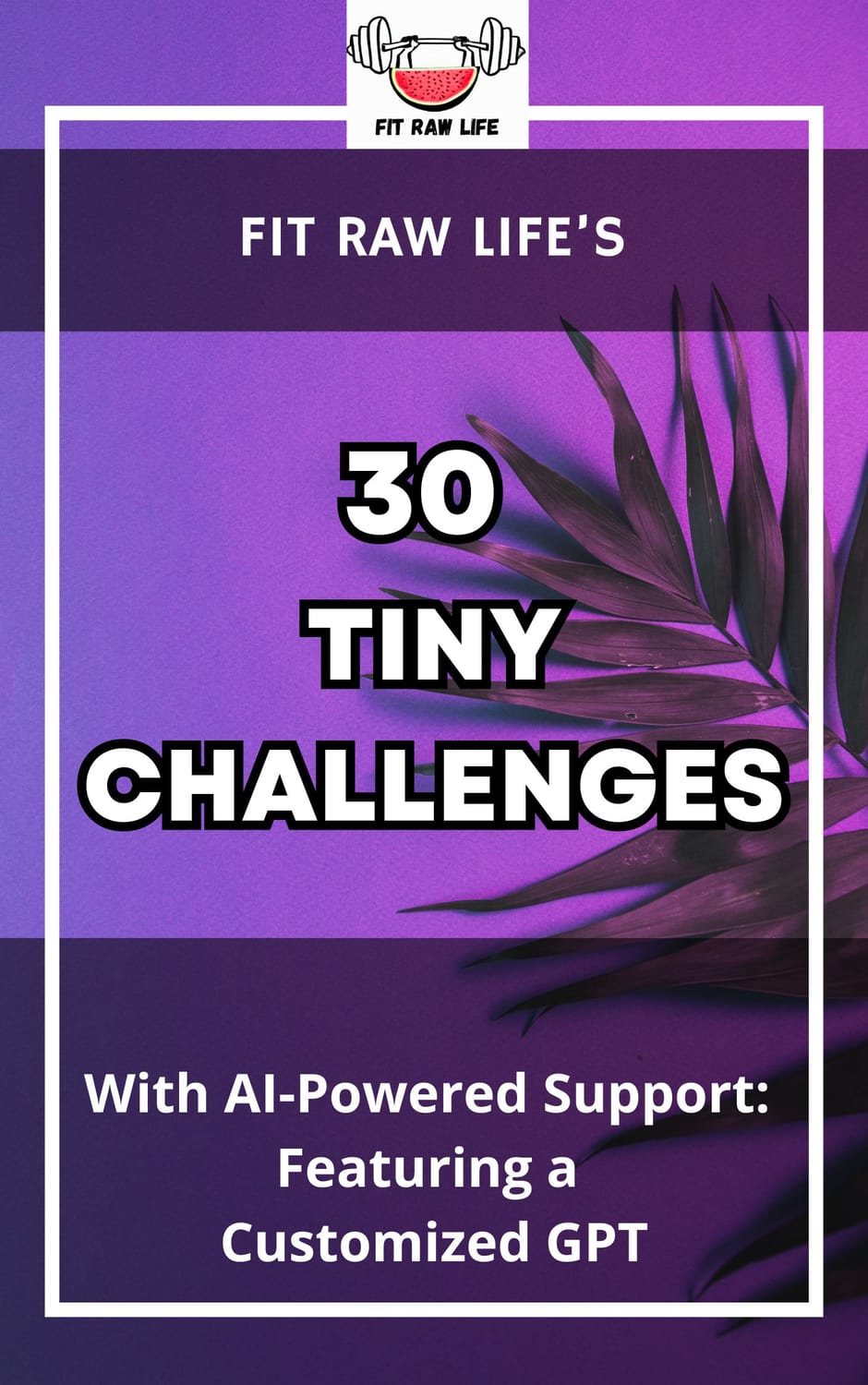
Find It Quick:
The Dark Side of Sunglasses
Emma couldn't contain her excitement as she carefully unwrapped the sleek black box that had just arrived. Inside, tucked into soft black velvet, were the designer sunglasses she had her eye on for about 3 months. The glossy tortoiseshell frames and amber -tinted lenses shimmered under the afternoon sunlight shining through her living room window.
She gently lifted the sunglasses, admiring their craftsmanship and weight. She unfolded the thick but delicate arms and slid them onto her face. The trendy frames settled comfortably, transforming her view into a warm, amber-tinted world. Turning to the mirror, Emma smiled at the mysterious confidence the sunglasses added to her look.
Stepping outside, the harsh glare of the sun softened, and the world seemed just a bit more glamorous. The admiring glances from passersby confirmed what she already felt—these sunglasses were more than just an accessory; they were an experience, elevating her everyday life with a touch of elegance and style.
But as Emma embrased her new-found confidence, a crucial question lingered: are these glamorous sunglasses really good for your body? What if, behind the allure and sophistication, there were hidden costs to your health?
Let's dive into the surprising truths about how sunglasses might be impacting your well-being.
Sunglass Dangers
Sunglasses might look cool, but have you ever thought they might be blocking your body's natural ability to produce vitamin D?
Sounds crazy, right?
But it's true!
When you wear sunglasses, your pupils dilate, and your brain doesn't get the signal it needs to start making this essential vitamin. Without this signal, you're missing out on the full benefits of sunlight.
Sunglasses don't just mess with your vitamin D production; they also affect how your skin handles the sun. When your eyes get full-spectrum sunlight, your brain knows exactly how much melanin to produce, helping you tan instead of burn. But with sunglasses, this natural process gets thrown off, making you more prone to sunburn.
The sun isn't just a source of light; it's vital for our well-being. Sunlight activates the glands behind your eyes, like the pineal, pituitary, and hypothalamus glands, which regulate your body's circadian rhythm and endocrine function. Blocking the sun's rays with sunglasses disrupts this natural balance, potentially leading to health issues.
Nature didn't make a mistake with sunlight. The sun is here to nourish us, not harm us. While UV-blocking sunglasses might seem like a good idea, they prevent your body from getting the full spectrum of sunlight needed for optimal health. Think about how our ancestors thrived under natural sunlight without sunglasses.
The Hidden Role of the Pineal Gland
The pineal gland, often called the "third eye," is a small, pea-shaped gland located deep in the center of the brain. Even though it's tiny, it plays a big role in our health and well-being. This gland produces melatonin, a hormone that controls our sleep-wake cycles, also known as circadian rhythms. Melatonin levels go up in the dark and down when exposed to light, especially sunlight.
Melatonin does more than just help us sleep. It has strong antioxidant properties that protect our cells from damage, supports our immune system, and helps keep our skin healthy. It also helps manage stress and mood, contributing to our mental health and emotional stability.
When you wear sunglasses, especially those with UV-blocking lenses, you reduce the amount of natural sunlight that reaches your eyes. This can prevent the pineal gland from getting the light it needs to work properly. Without enough sunlight, melatonin production can be disrupted, leading to health problems. These might include sleep disorders like insomnia or irregular sleep patterns, increased risk of depression and anxiety, and potential effects on your immune system and skin health.
The pineal gland also helps regulate seasonal biological rhythms, which affect how our bodies adapt to different times of the year. Not getting enough sunlight, especially from wearing sunglasses all the time, can interfere with these natural rhythms and might lead to symptoms of seasonal affective disorder (SAD).
Embracing the Sun Safely
It's important to protect your skin from too much sun, but completely blocking out the sun's rays with sunglasses isn't the answer. Instead, embrace natural sunlight to support your health and vitality. If you need eye protection indoors, consider blue light glasses to shield against artificial light, which can overstimulate your glands and disrupt your body's rhythms.
We are designed to thrive in the sun. By aligning with nature and allowing full-spectrum sunlight into our eyes, we support our body's natural functions and overall health. Instead of fearing the sun, understand its role in our well-being and make choices that harmonize with nature.
Wearing sunglasses might seem like a small thing, but it can significantly impact your health. By blocking natural light, you disrupt vital processes in your body, from vitamin D production to endocrine function.
Embrace the sun, protect your skin naturally, and let your body benefit from the nourishing light it was designed to receive.
Created with ©systeme.io
